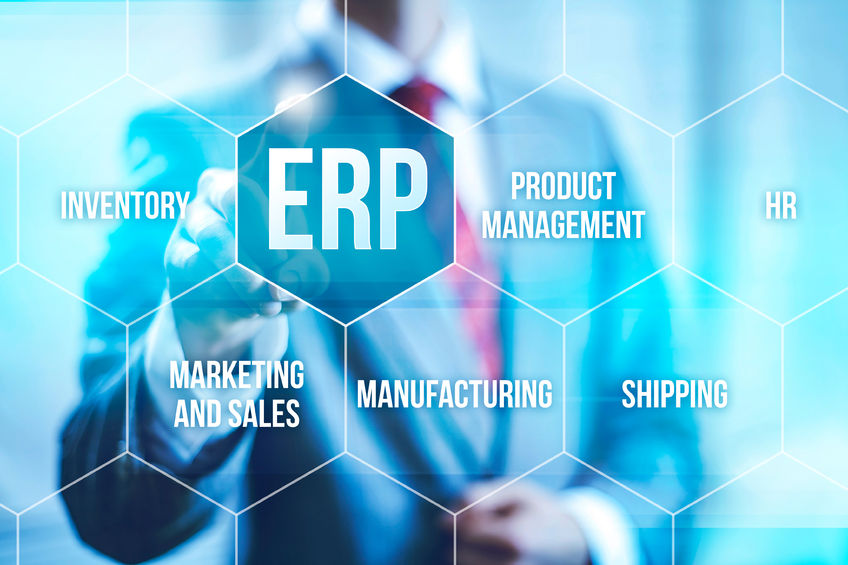- 2.1 Automation and integration capabilities
- 2.2 Real-time reporting
- 2.3 Interdepartmental collaboration
- 2.4 Identification of performance indicators
- 2.5 Access to advanced tools
In recent times, having access to valuable information is a fast way of gaining an edge over business competitors. This information is usually obtained from deep analysis of customer preference data. Thankfully, there are automated platforms known as ERP that can help streamline the process of making timely decisions from business data. Please keep reading to learn more about these platforms and how they help in this regard.
ERP software: An overview
These are applications and platforms that automate and streamline almost all company processes and day-to-day activities. Examples of these activities are accounting bookkeeping and client data management. A typical example of these applications is the Oracle Netsuite software. You can find a number of Oracle Netsuite training courses online and off the web to get started and learn how it helps business management.
How does ERP software streamline business analytics?
In no particular order, these are some of the ways these applications can ease the collection and analysis of business data.
Automation and integration capabilities
First of all, ERP platforms help businesses to automate data collection at all levels. This process would require enormous human and financial resources if manual collation is opted for. The platform not only collects data but also ensures accuracy throughout the whole process. This is because accurate data ensures good and actionable results.
You also do not need to worry about proper data storage as everything is automated within the software. Another vital way that ERP platforms streamline data use in businesses is through robust integration with other platforms. Collection, analysis, and usage of data is a multidimensional endeavour. Sometimes, these applications must tap into social media platforms or third-party applications to source information that can’t be gotten within the company.
Real-time reporting
The process of collection, documentation, and data analysis is very demanding when done manually. Before now, administrators had to wait for statisticians and analysts to report company data. The waiting period could cost the business some valuable resources and intel, which could’ve resulted in more profit.
However, with the advent of these novel platforms, administrators have the opportunity to get instant reports of company data analysis across all media and departments. This advantage would make it easy for the administrators to make crucial decisions on time, which can be the edge needed to outsmart competitors.
Interdepartmental collaboration
Typically, business data is collated across various departments and units that form the organization. However, collecting and harmonizing these data across all boards might be cumbersome and overwhelming. These novel platforms come in by allowing every unit to upload data on a single server where every staff member can easily see and have unrestricted access. Doing this also reduces redundancy, stress, and repetition of tasks.
After analysis, these platforms also allow different units to have a new perspective of trends and areas of improvement seamlessly. Additionally, through these platforms, each department will be able to see how their performance affects others.
Identification of performance indicators
Every business and industry has unique performance indicators that help them to assess their growth objectively. These indicators are also needed to see where a company stands among competitors. ERP platforms use data from various companies and third-party sources to identify these indicators.
Additionally, the platforms also allow administrators to monitor the trends of these indicators. The result is to be able to come up with new initiatives that’ll ensure the upward trend of those indicators.
Access to advanced tools
ERP software also uses advanced tools to help businesses gather and analyze valuable information in order to make sustainable plans. Data science has gone beyond the mere collection and arrangement of parameters. The field is now gradually moving into more of machine learning and artificial intelligence.
These novel branches of analytics that ERP software gains access to help administrators uncover new business perspectives. Besides, by integrating these technologies, old and new data can be merged and used to make more accurate predictions on customer trends and preferences.
A final word
To sum it up, leveraging the power of data in decision-making for businesses can be a real game changer for administrators. However, getting a suitable and scalable ERP platform is vital to thoroughly enjoy the benefits. If harnessed consistently and adequately, business data obtained from these platforms remains a critical strategy to drive sustainable growth.

